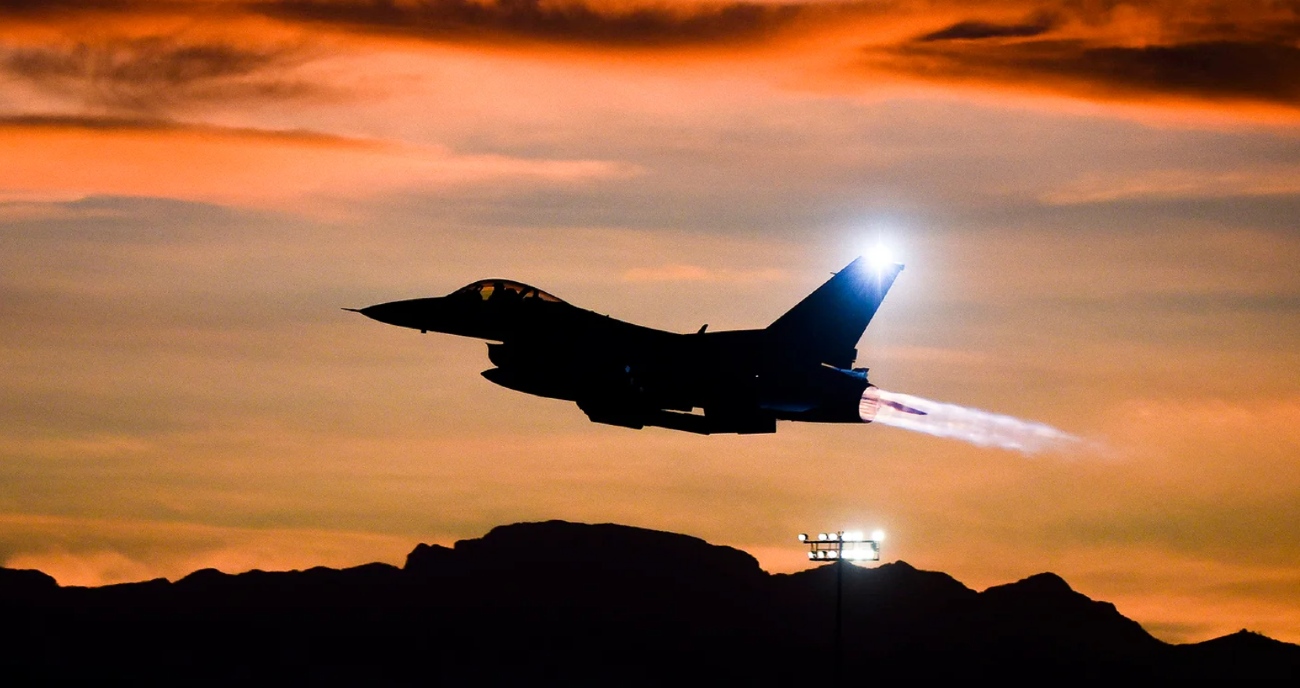In a startling disclosure, the Taiwanese Air Force revealed that F-16V or Viper fighter jet badly missed its target during a training session, causing a bomb to land perilously close to a Coast Guard Administration vessel on August 9.
During a routine press briefing on August 15, Air Force Chief of Staff General Tsao Chin-ping made the revelation and extended an apology to the Coast Guard Administration (CGA).
General Tsao explained that a twin-seater F-16V model failed to hit its intended sea target and inadvertently released a 2,000-pound MK-84 bomb into the waters adjacent to Pingtung’s Jioupeng military base while engaged in a training session.
The detonation of the bomb resulted in the generation of a powerful shockwave that impacted a Coast Guard Administration (CGA) vessel with personnel on board.
However, the vessel was positioned several nautical miles from the location where the bomb ultimately landed. Thus, no casualties were reported.

On August 14, reports started circulating that a number of CGA members required medical attention due to the impact of the bomb’s shockwave.
The Air Force has issued an apology and has decided to administer disciplinary actions against both the pilot and the instructor, who exhibited a lapse in adequately overseeing the bomb drop exercise, according to General Tsao.
Taiwanese news outlets quoted the Air Force underlining that pertinent personnel has been directed to incorporate pre-flight mission reminders and enhance their capacity for learning alongside intensifying simulator program drills, all aimed at bolstering the efficacy of training.
Among the fighter aircraft in Taiwan’s inventory, the F-16V is the most advanced in terms of technology, outfitted with a remarkably capable radar system that enables simultaneous tracking of over 20 targets.
:quality(70)/cloudfront-us-east-1.images.arcpublishing.com/archetype/QEG22B73GVBHFNXN2EPQXEHZK4.jpg)
Taiwanese F-16s, equipped with MK-84 bombs, frequently engage in military exercises that replicate scenarios involving a potential Chinese invasion.
The American Mk-84 general-purpose bomb, weighing 2,000 pounds, encompasses a steel casing of 1,000 pounds along with 946 pounds of Tritonal filler—a composite of aluminum and TNT.
This composition imparts the Mk 84 with an explosive yield equivalent to nearly half a ton of TNT, factoring in Tritonal’s approximately 20 percent higher potency than TNT.
The Mk 84 boasts a lethal radius; it can cause fatalities of up to 1,181 feet, while its capacity for inflicting severe injuries extends to distances of up to 2,624 feet.
- Contact the author at ashishmichel(at)gmail.com
- Follow EurAsian Times on Google News




